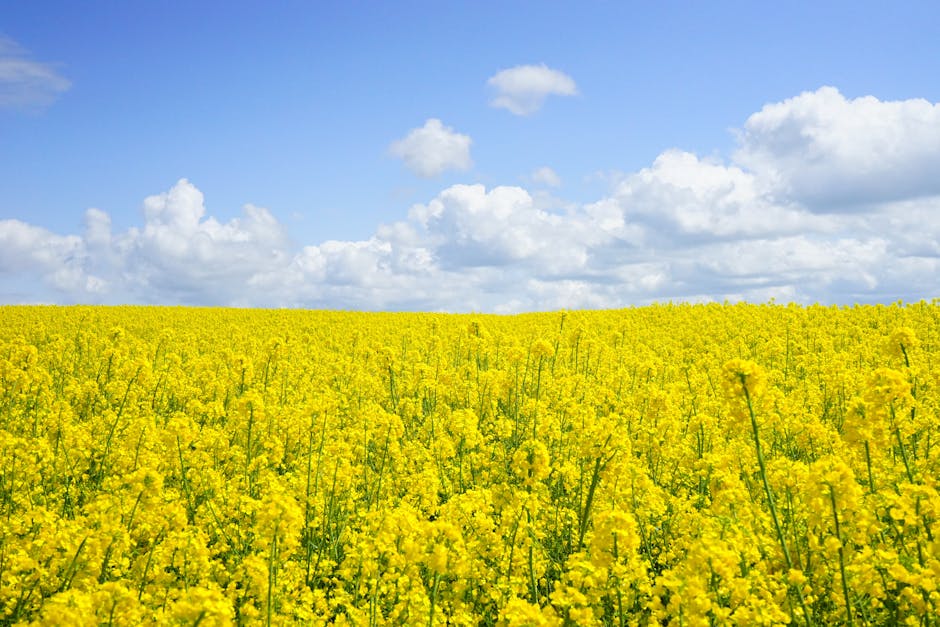
Organic Farming Methods - A Sustainable Approach to Agriculture
Organic Farming Methods - A Sustainable Approach to Agriculture
Organic farming is gaining popularity worldwide as a sustainable and environmentally-friendly approach to agriculture. It emphasizes the use of natural methods and techniques to promote soil health, biodiversity, and food safety. Let's explore some of the key organic farming methods:
1. Crop Rotation
Crop rotation involves systematically changing the type of crops grown in a particular field over time. It helps to prevent pests and diseases from building up, improves soil fertility, and reduces the dependency on synthetic fertilizers and pesticides.
2. Composting
Composting is the process of recycling organic materials into a nutrient-rich soil amendment. It involves the decomposition of organic waste, such as plant residues, animal manure, and kitchen scraps, to create organic matter that can be used as a natural fertilizer for plants.
3. Biological Pest Control
In organic farming, biological pest control methods are used to manage pests and diseases without relying on chemical pesticides. This includes the use of beneficial insects, such as ladybugs and lacewings, to prey on pest populations, as well as the use of botanical extracts and natural predators to control pest outbreaks.
4. Cover Crops
Cover crops, also known as green manure, are grown between main crops to protect and improve the soil. They help prevent erosion, suppress weed growth, add organic matter to the soil, and enhance nutrient cycling.
5. Integrated Pest Management (IPM)
Integrated Pest Management (IPM) is a holistic approach that combines various pest management strategies to minimize the use of synthetic pesticides. It involves monitoring pest populations, using cultural practices, implementing biological controls, and resorting to chemical control only when necessary.
These are just a few examples of the many methods used in organic farming. By adopting these techniques, farmers can reduce their environmental footprint, protect biodiversity, and produce healthier and more sustainable food. Organic farming is not just a trend but a fundamental shift towards a more sustainable future of agriculture.
